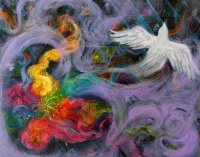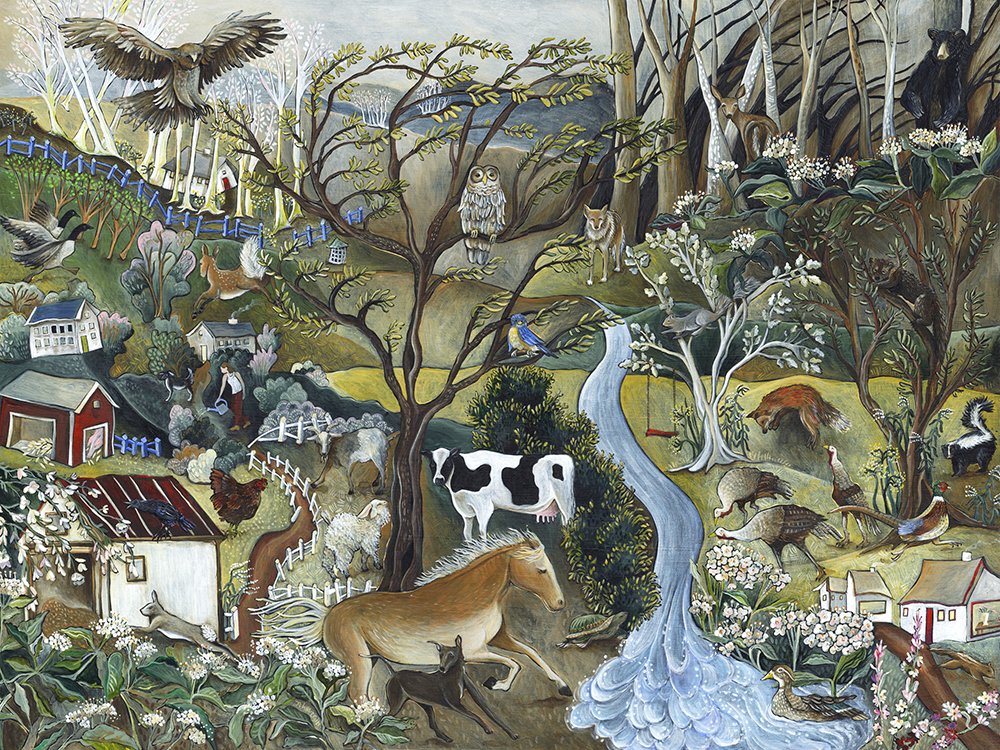Week 11 - Isaiah 46:1-13
“And when you are old, I will still be there, carrying you.
When your limbs grow tired, your eyes are weak,
And your hair a silvery gray, I will carry you as I always have. I will carry you and save you.” - Isaiah 46:4
Hanson says “Second Isaiah is committed to laying out the intensity of the threat posed by the gods of Babylon to the people living in exile and their spiritual existence. At every turn and behind every passage is the intent to empower and persuade exilic Israel to switch its allegiance and trust from the failed imperial gods to the God of Israel by whom an alternative future in the world is offered.”
The prophet is asking the people of Israel to turn a corner from conventional tribal religion to covenantal fidelity. The choice has been placed before the people: passive gods of Babylon or an active and involved God of the Universe.
The choice is offered to us as well: a static immovable God who demands doctrinal certainty or the dynamic movement of a relational intimate evolving God who enters the uncertainty of history with us.
This week we will be looking at how this choice makes its way into our lives as well as how the sweep of history is grounded in God’s desire for a just and hopeful world.
- Bev
Reading: Brueggemann pages 86-91
Questions for Reflection
- Author Thomas Keating tells us that each of us are driven by three core needs: survival/security, affection/esteem and power/control. Given our temperament and our early patterning, we usually gravitate towards one in particular. If we’re anything like the ancients, we will make it our life’s work to get these needs met, often through some form of idolatry or misguided affection. What lengths are you willing to go, or in the parlance of our passage, “How much ‘gold’ are you will willing to pay” to compensate for your lack? Is there a particular form that you gravitate towards to ease your sense of neediness?
- Towards the end of the passage, there are hints of victory and honour, and promises of “salvation drawing nearer and nearer” that could be seen as eschatological and maybe even apocalyptic. How do we hear this with our modern ears, especially for those of us who are entering our “graying days” of diminishment and limitation? What does it mean to no longer carry our load but rather to accept that we are “carried and saved”?
- Hanson says that “Second Isaiah does not deny the tragedy of conquest and exile but interprets them as evidence of divine judgement … which he integrates into their preserved memories, all the way from the exodus from slavery to the astoundingly swift rise of Cyrus. The principal underlying this interpretation of history and enabling the prophet to discern a creative redemptive pattern is theological which revolves around faith in the divine promise: ‘I have planned, and I will do it.’
Using an example from history can you detect an ancient or modern pattern of deliverance that mirrors Israel’s theological understanding of liberation? - How do you square the ambiguity of history with the surety of God’s promise? Does it give you hope (or not) in our present turbulent times?
image by Anne Cameron




